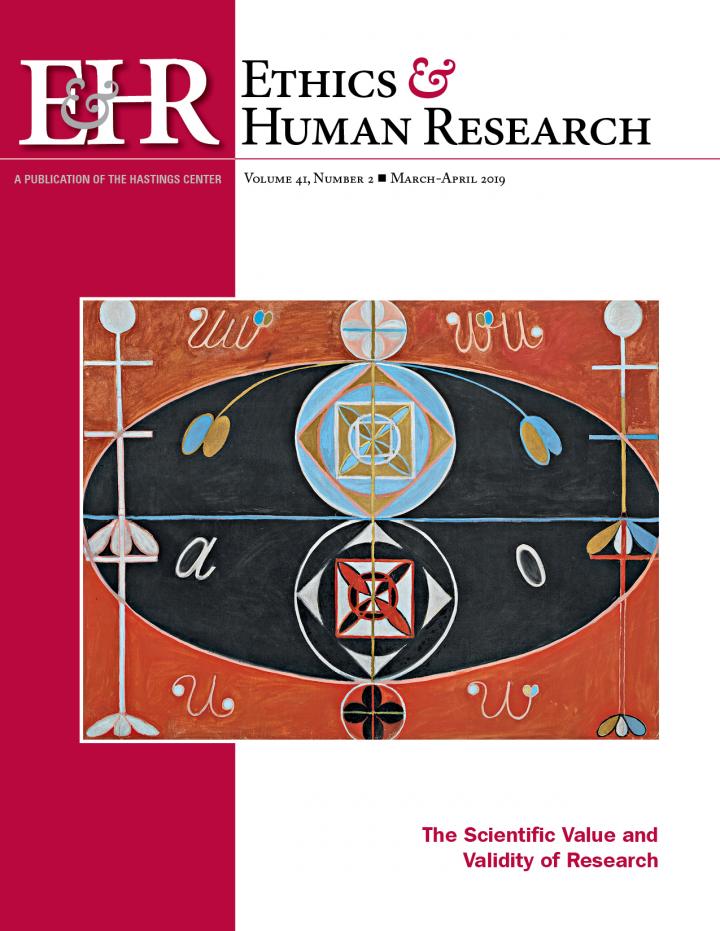
Evolution, No. 16, Group VI, The WUS/Seven-Pointed Star series (cat. 82), 1908
Anticipatory Waivers of Consent for Pediatric Biobanking
Jane A. Hartsock, Peter H. Schwartz, Amy C. Waltz, and Mary A. Ott
Almost half of the approximately 900 biobanks operating in the United States contain biospecimens, like blood or DNA, collected from minors with the permission of their parents or legal guardians. But federal regulations provide insufficient guidance on how researchers can use samples from pediatric donors once they turn 18, and tracking them down to ask for consent can be impracticable, time-consuming, and prohibitively expensive. The authors propose that, for studies that don’t involve greater risks than those found in daily life and meet other conditions, researchers could request a waiver that exempts them from having to obtain consent from participants at 18 if several conditions are met, including if those donors were over age 12 when they donated their biospecimen. These anticipatory waivers would be in line with evidence that many adolescents are developmentally capable of providing meaningful consent well before they reach legal adulthood. Hartsock, Schwartz, and Ott are at the Indiana University Center for Bioethics at the Indiana University School of Medicine; Waltz is at the Indiana University Human Subjects Office.
Case Study: U.S. Public Health Service STD Experiments in Guatemala (1946-1948) and Their Aftermath
Katye Spector-Bagdady and Paul A. Lombardo
More than 70 years after U.S. Public Health Service researchers conducted unethical experiments in Guatemala–intentionally exposing thousands of people to sexually transmitted diseases without informed consent and often with active deceit–no reparations have been given to still-living subjects or their relatives. This piece presents a case study of the experiments and the inadequate response to them by the entities that were directly involved. “While major regulatory systems were already in place by the time the experiments became publicly known, this case study demonstrates how far we still have to go to ensure that research subjects are protected through¬out the lifecycle of research and in its aftermath,” the authors write. Spector-Bagdady is the chief of the Research Ethics Service in the Center for Bioethics and Social Sciences in Medicine at the University of Michigan Medical School; Lombardo is a Regent’s professor and the Bobby Lee Cook professor of law in the Center for Law, Health and Society at Georgia State University College of Law.
Also in this issue:
- A Framework for Assessing Scientific Merit in Ethical Review of Clinical Research
- Human Biospecimens Come from People
- Commentary: Humans as Model Organisms
- Commentary: Cleaning Up the Lab Cages: Healthy Human Phase I Trials and Animal Welfare Requirements
###
For more information, contact:
Susan Gilbert
Director of Communications
The Hastings Center
[email protected]
845-424-4040 x 244
Media Contact
Susan Gilbert
[email protected]




